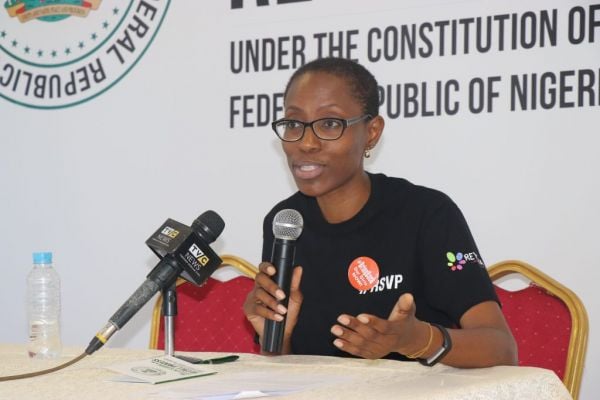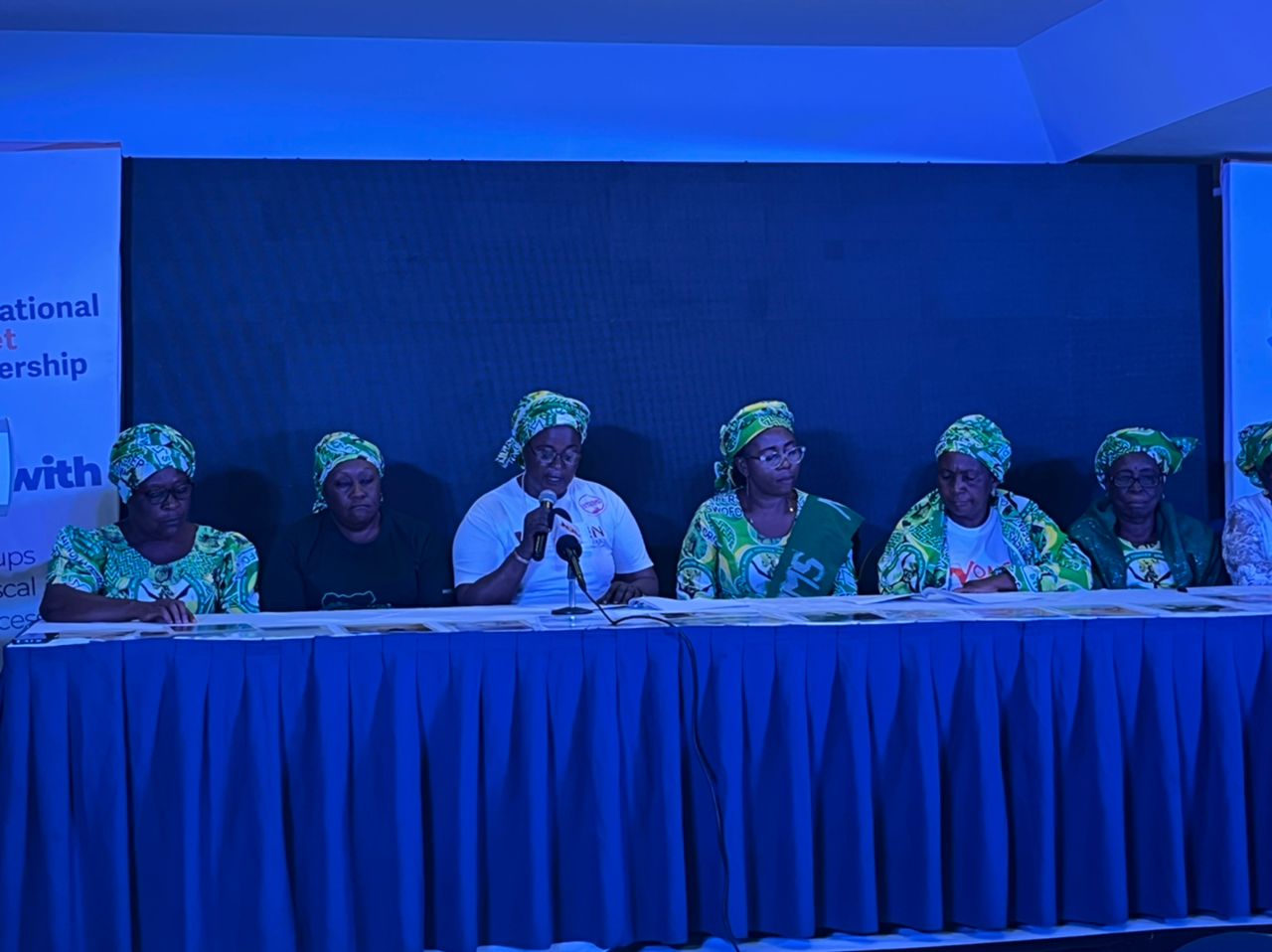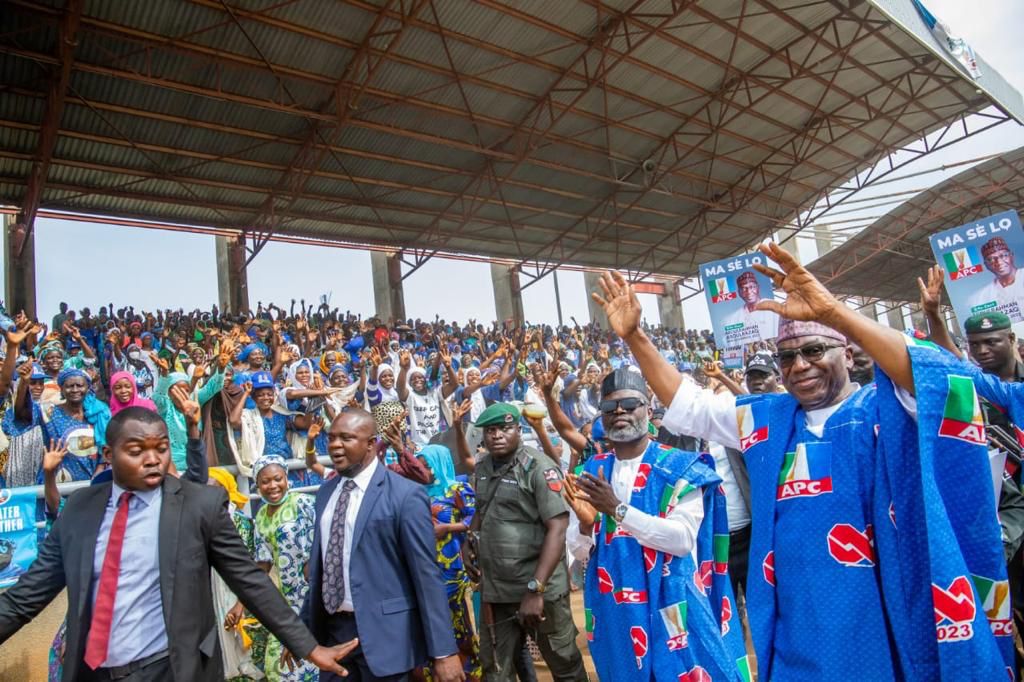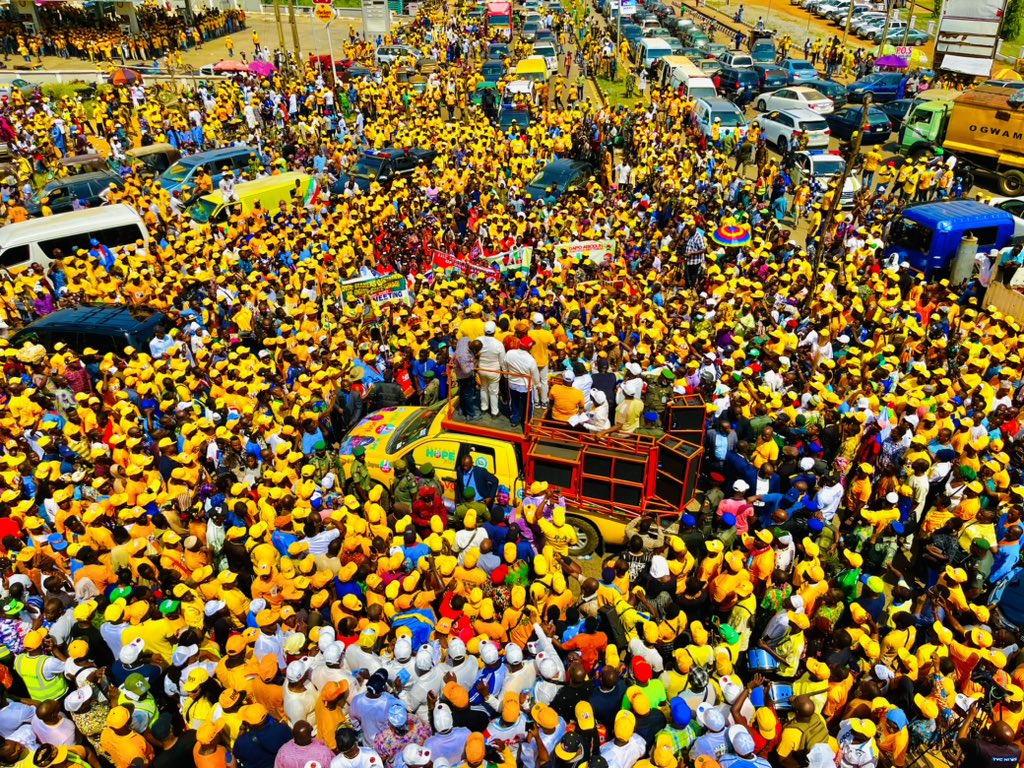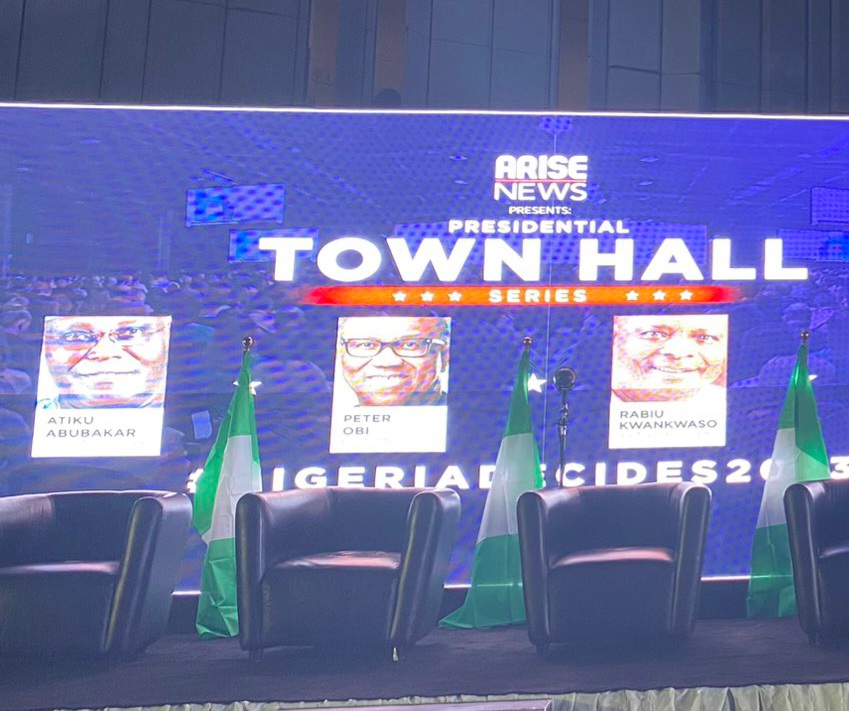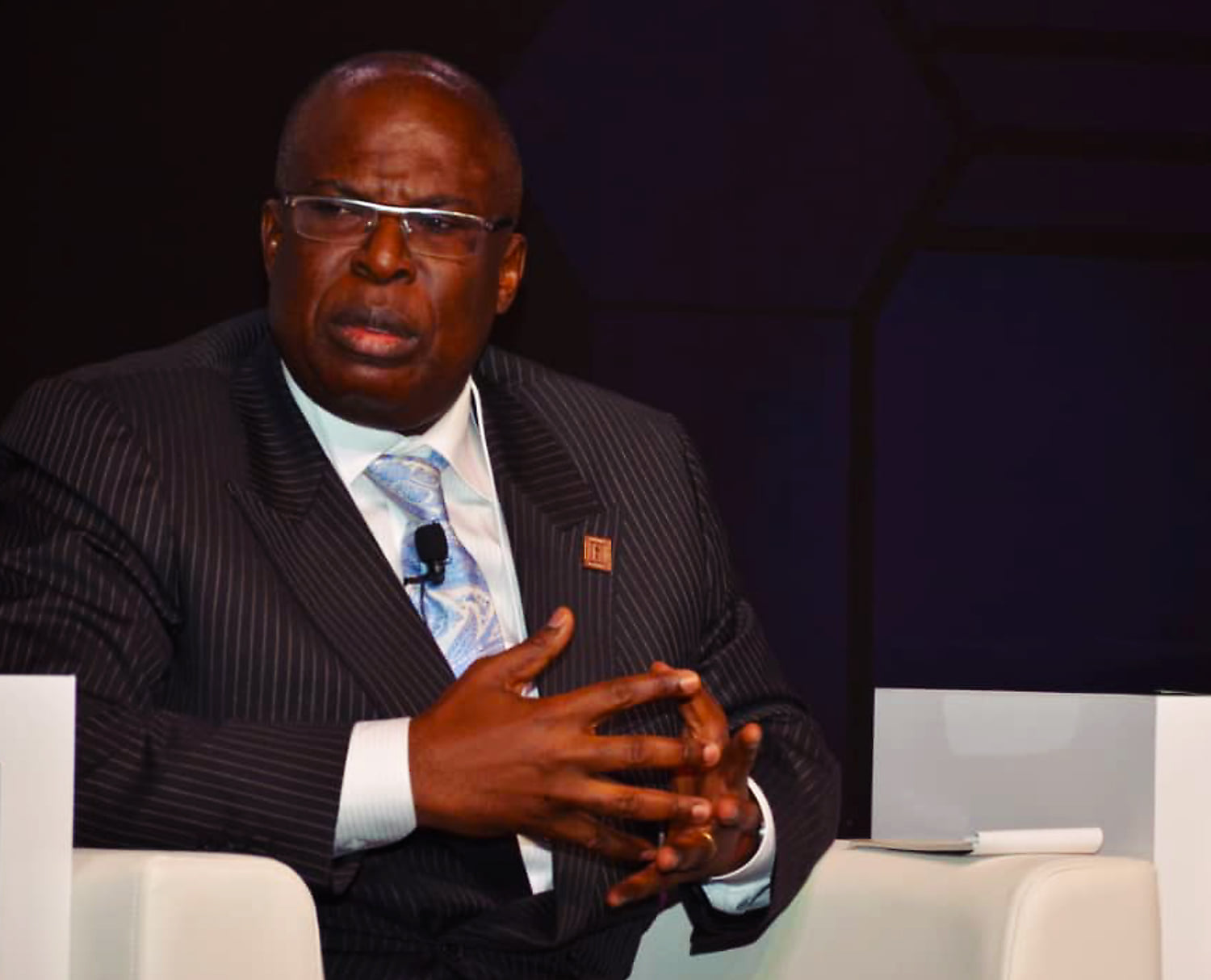Yemi Adamolekun, executive director of Enough is Enough (EiE) Nigeria, says citizens must be interested in who becomes the flagbearers of political parties.
Adamolekun spoke on Thursday at the latest edition of ‘Thursday Talks’ by EiE Nigeria.
Thursday Talks is a monthly online conversation that explores issues affecting Nigerians and the country.
Adamolekun said there are three pillars for fixing politics, one of which is trying to get citizens to understand their rights and responsibilities.
Advertisement
She said if citizens understand that the people who run for office actually work for them, they will be able to hold them accountable.
“There is also the politics side and the enabling environment, that is, the legal framework,” she said.
“For EiE, we focused a lot on citizens because from my understanding at the time, if citizens understood their power, then they can use that to demand that parties produce a different type of people that represent them because they know who they are looking for.
Advertisement
“But after a decade, we started thinking that even though we are non-partisan as an organisation, we do need to talk about it.
“We’re not necessarily saying people should join particular parties, but we are saying they should join a party. It’s one thing to be a citizen who votes, it’s another to be in the party to decide who is being voted for.
“If you’re not in a party, you cannot be a delegate. Not only must citizens pay attention and engage, people must also be interested in determining who parties vote for.”
On his part, Kunle Lawal, executive director of the Electoral College, expressed doubts that a change will be seen in the 2023 elections.
Advertisement
He said everyone is engrossed in who the next president will be without caring about the next local government chairpersons and lawmakers.
“I think what will change Nigeria will be a total depression in the system that will cause us to ignite and listen to the stories EIE, the Electoral College and Connected Development are saying,” he said.
Also speaking, Busayo Morakinyo, a governance and policy expert, described social media as a very important tool in engaging citizens.
“The challenge is how to convert that social media energy to people actually going out to vote,” Morakinyo said.
Advertisement
“But let’s not blame people too much for not being able to do so. There is a systemic bottleneck that makes that happen.
“I don’t think the conversations online are useless, I just think we must be strategic enough to move that conversation and anger people feel offline so that people will be able to go to the polls and vote.”
Advertisement
Add a comment
